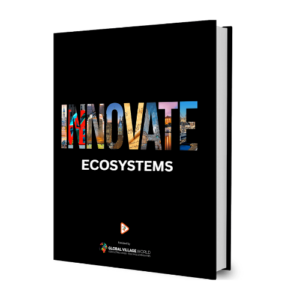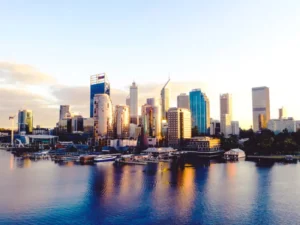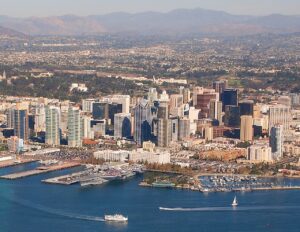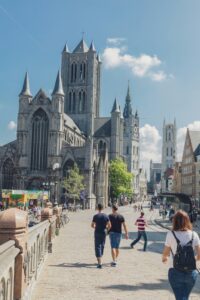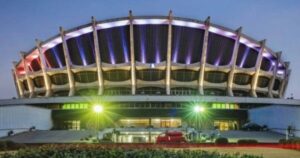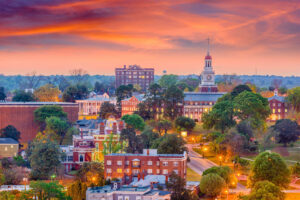THE REPLICATE PROJECT
REPLICATE (REnaissance of PLaces with Innovative Citizenship And Technologies) is a five-year European research and development project, which receives funding from the European Commission’s Horizon 2020 programme.


The project aims to trial integrated energy, mobility and ICT solutions across three cities – San Sebastian in Spain, Florence in Italy and Bristol in Great Britain. A number of cities also ‘follow’ the project and will look into replicating interventions in their own cities including Essen in Germany, Nilüfer in Turkey and Lausanne in Switzerland.
OUR STORY
In Bristol, the REPLICATE research project is led by Bristol City Council and is supported by the city’s universities and eight local partners who have expertise in smart energy, smart mobility, intelligent data, digital infrastructure and digital inclusion. Together, they are exploring how new technology can tackle some of the city’s inequalities and benefit local communities. The research project will also contribute towards Bristol’s ambition to be carbon neutral and run entirely on clean energy by 2030.
There are three main themes to REPLICATE’s research project in Bristol – Smart Homes, Smart Streets and Created By Us.


SMART HOMES
The Smart Homes project focuses on saving households’ energy and money, and reducing fuel poverty and carbon emissions in the city. Internet-connected energy-efficient appliances like smart tumble dryers, dishwashers and washing machines have recently been installed to 151 homes in the areas of Ashely, Easton and Lawrence Hill. More than £100,000 worth of grants has also been awarded to over 90 eligible homeowners to contribute to home energy improvements including solar panels, modern boilers and loft insulation. Households who have taken part in the project have also received vouchers to help them install LED lighting into their homes.
SMART STREETS
The Smart Streets project is about reducing traffic congestion and enabling convenient, fast, low carbon electric vehicle charging, which will result in lower pollution as people travel around Bristol. New active and sustainable travel options are being trialled including:
- An electric bike scheme for six organisations, to help their staff get around Bristol in a more energy-efficient way
- A fleet of 10 new electric cars are available to rent as part of a car club scheme with new charging point bays
- 14 smart electric charge point bays for use by electric vehicle owners
- WeGo, an electric taxi that provides convenient journeys with other passengers at an affordable price
- The Travelwest Journey Planner, which helps people to plan their travel using multiple modes of transport such as by bus, train or bike
- ParkUs, an app that can help people to find available car parking spaces quickly and more conveniently before they travel.
CREATED BY US
Community engagement and co-design with local residents is a key component that runs throughout the entire research project in Bristol. Local communities have worked together to identify and tackle issues such as poor air quality and damp homes in fun and innovative ways. A ‘Mobile Future Home’ has been created to pop-up at community events and spaces, as a way to involve individuals and families in smart energy topics.
SMART CITY PLATFORM
The three main themes of the REPLICATE project in Bristol align and communicate with each other using a shared, FiWare-based Smart City Platform. Devices can connect to the platform over a secure VPN or NetOS software to exchange data. Once the data is anonymised, it can be shared with partner cities to help evaluate approaches that could be rolled out further across Bristol, and other cities around the world.
SMART CITIES UK AWARD
The Smart Homes project picked up a top prize at the 2019 Smart Cities UK Awards for their community engagement work. Local partners worked with a wide range of groups from across three local communities to encourage a diverse cohort of individuals to try energy-saving appliances. As a result of the engagement activities, a better cross section of the population has signed up to participate in the Smart Homes project. 31% of households are from Black, Asian or Minority Ethnic (BAME) backgrounds, 13% are registered disabled and 29% live in social rented housing.

